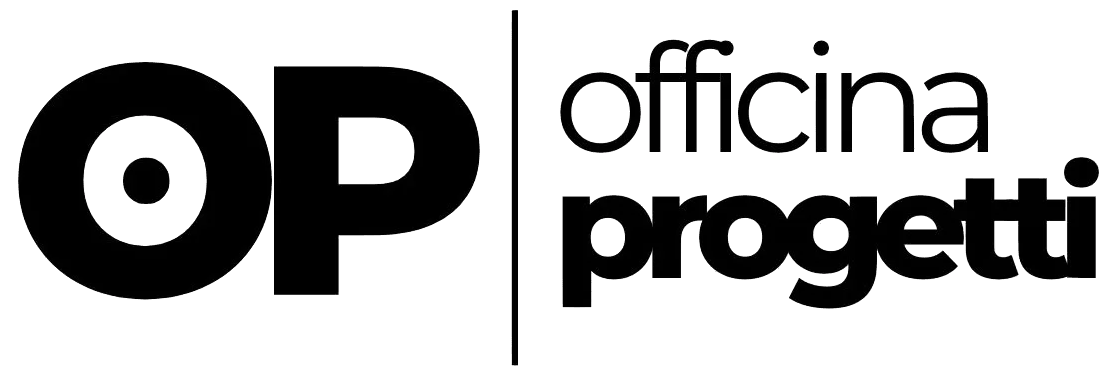
Some words disappear quietly. Not because people stop using them, but because they are replaced, softened, and stripped of their impact. This happens everywhere: in politics, in the economy, and in the media.
We no longer talk about job insecurity but about labor flexibility. War is rebranded as peacekeeping missions. Collective rights are no longer defended; instead, we promote inclusive meritocracy. And when social services are cut, we call it welfare reform.
“They’re just words,” one might think. But words shape thought. If a problem no longer has a clear name, it becomes harder to recognize, discuss, and fight against.
It’s no coincidence that vague and generic terms confuse us, preventing us from grasping the true nature of discourse and drowning us in endless nuances and contradictions.
If the term “class struggle” is no longer used because it’s deemed too ideological, then inequality appears to be a thing of the past.
When we stop talking about exploitation and instead refer to process optimization, the inequality between employers and workers becomes invisible, harder to criticize or reform.
Far-right movements have mastered the art of manipulating language to legitimize their extremist ideologies, replacing words that evoke exclusion or intolerance with expressions that sound more acceptable or even positive.
For example, nationalism is replaced by sovereignty, xenophobia is rebranded as the defense of cultural identity, and racism is disguised as the fight against invasion. These linguistic shifts allow intolerance to be masked as a legitimate defense of tradition and national values.
Patriotism and the defense of the traditional family become tools to oppose civil rights, while public order replaces repression, and security is used to justify authoritarian policies.
This wordplay makes it harder to challenge these positions without appearing to oppose the “defense of values” or the “common good.”
George Orwell, in his famous novel 1984, written in the immediate post-war period, understood a fundamental concept: controlling language means controlling reality.
In his dystopian world, Orwell introduced an artificial language, “Newspeak,” within a society dominated by totalitarian regimes that divide the world into three superpowers.These regimes maintain power through perpetual war, relentless propaganda, and thought control, preventing any social change and keeping the population under strict surveillance.
Each government progressively reduces vocabulary, eliminating concepts deemed dangerous and making it impossible to formulate subversive ideas. If a word doesn’t exist, a thought cannot even be conceived.
The risk in our reality? A world where we accept what we are told without questioning it. That’s why Orwell’s lesson is important: when someone changes words, we must always ask ourselves what they are trying to make us forget.
Language is power; it is constantly being reshaped. Behind every altered word of protest lies an attempt to control society.


